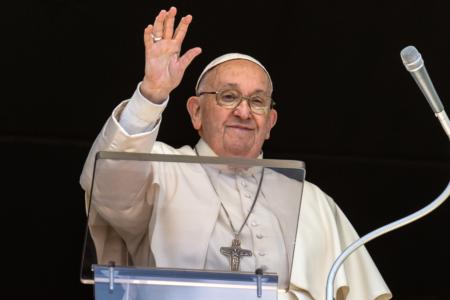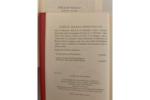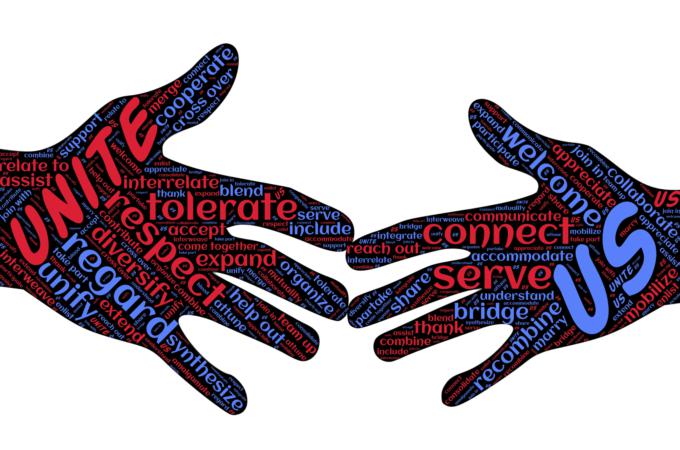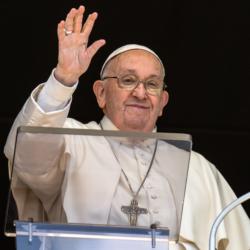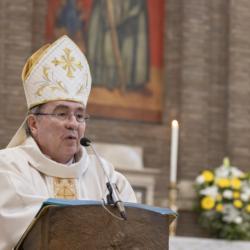Seven election lessons for the Church
Too many people forgot about too many people for too long a time. That pretty much sums up why this election went the way it did. But whether you are raising a glass, drowning your sorrows, or shaking your head, whichever side -- or none -- you supported, there are lessons for all of us here.
1. You can't know everything if you don't listen to everyone. The experts who design the polls, take the polls, and then analyze and report the polls got it all wrong. They didn't know what they were seeing because they didn't see it. What they should have been looking at was invisible to them.
2. Eventually, the people you aren't listening to will speak loud enough for you to hear them. And when they do, it might just feel like an earthquake. But no matter how loud or angry it sounds, what is being said isn't new to anybody who had been listening all along. It's only new to those who didn't or couldn't or wouldn't stop talking long enough to hear voices outside their own echo chamber.
3. Not everyone agrees with you, and not everyone has to. Even more, the people who most vehemently disagree and do everything in their power to oppose you are not demons, criminals, racists, homophobes, xenophobes, Nazis or some other ugly and over-the-top form of evil incarnate.
4. Don't count your chickens before they hatch. Nobody owes you anything. Life isn't always fair. It's possible to fall short and even fail, regardless of who has given you their blessing, how much money you have, or how much power you can wield.
5. Don't count any person or any group of people as beyond your reach. Learn to extend your reach instead. Reach out to those you don't know, those who live in worlds that don't intersect with yours, those who make you uncomfortable, and those who utterly disagree with you.
6. Keep moving forward. Don't even consider giving up, especially when it is clear you are outnumbered or outranked. Learn from your mistakes, admit it when you're wrong, and ask for forgiveness. And don't forget to grant forgiveness to anyone and everyone who asks for it.
7. Trust in something greater than yourself. Pay attention to people's real needs and aspirations and you will tap into the movement of the times you live in. Point to something that is more enduring than you are to fulfill those aspirations and address those needs.
The lessons we can draw from this very contentious and bitter election season aren't just for politics. I think they can be helpful to the Church, as we work to extend the Kingdom of God to all people. We Catholics -- lay, religious, and clergy -- ought to ask ourselves who it is we are failing to see and hear. We need to grow in humility and turn away from every form of elitism, whether it be intellectual, moral, or spiritual. We need to expand our social circles to include those who disagree with us, and begin to understand the actual causes of those varying opinions and perspectives. As Church we would do better to drop even the slightest odor of triumphalism or entitlement, and practice solidarity instead. We should extend our reach to those fields we don't expect to yield much, and let God be the Lord of the harvest. We should never give up. And above all else, we should renew our trust in God's will, and make him the source, center, and destination of all we do in his name.
- Jaymie Stuart Wolfe is a Catholic convert, wife, and mother of eight. Inspired by the spirituality of St. Francis de Sales, she is an author, speaker, and musician, and serves as a senior editor at Ave Maria Press. Find Jaymie on Facebook or follow her on Twitter @YouFeedThem.
